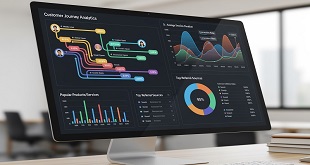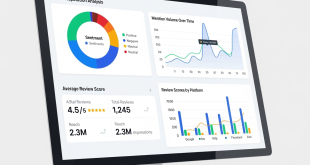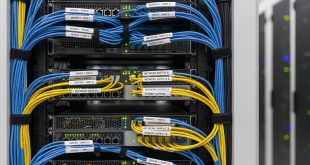As a business owner, you probably have hoards of files and paperwork to keep up with, much of which you may have previously stored either tangibly or digitally on your office computer. If your business is on a quest to become increasingly paperless, or if you find it simpler to store and manage your data on your computer, there are several types of data storage available to small business owners. The type of data storage that is right for you will depend on the size of your business, the number of files you need to manage and your budget.
Minimal Storage Needs
If your business is relatively small, you are operating on a minimal budget, or if you have minimal data storage needs, you may benefit from storing your information on a flash drive or an external hard drive. A flash drive is highly portable and small enough to ensure storing your documents does not take up too much office space. However, flash drives are also easy to lose and easily stolen if not carefully watched after. An external hard drive is bigger, has a larger storage capacity and may be easier to keep track of during day-to-day operations. A freelance photographer is an example of a small business owner who may benefit from external hard drives or flash drive data storage. If you have more than one or two employees, even external hard drives become difficult to manage, since many people may need to access the hard drive at the same time.
In-House Server Storage
Small businesses with a need to store large amounts of data securely may benefit from in-house data servers. An in-house server is a server that’s fully located on business property. Small business owners often find this a highly efficient way of ensuring client and business privacy while also eliminating the need for large quantities of filed paperwork. Furthermore, as the business owner, only you and those you approve may securely access the data on your private server. A doctor’s office is an example of a small business that could benefit from in-house server storage.
Cloud Computing
Cloud computing is one of the latest trends in data storage. Simply put, storing your information and files “in the cloud” is the same as storing your information in secure external servers accessible through the Internet. Cloud computing is certainly convenient for many small business owners — primarily because data is accessible from anywhere you have an Internet connection. Businesses with highly transient employees may benefit from the accessibility of storing data in the cloud.
However, some small business owners are reluctant to use cloud computing due to concerns about data security issues. Furthermore, cloud computing is a service provided by a third party and its servers, so your costs will be in the form of an ongoing monthly or annual fee, rather than the fixed costs allowed by flash drives, external hard drives and in-house servers.
Finding the right fit
Deciding how and where to store your business files and information is an important decision. It’s important that the type of data storage you choose can hold enough data, is appropriate for your budget and also provides the type of security your business requires for the information you’re storing.
About the author: Dawn Altnam lives and works in the Midwest, and she enjoys following the business tech world. After furthering her education, she has spent some time researching her interests and blogging of her discoveries often. Follow her on Twitter! @DawnAltnam
 Entrepreneur Resources Your source for small business information
Entrepreneur Resources Your source for small business information




